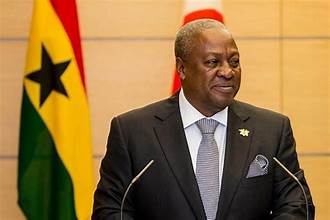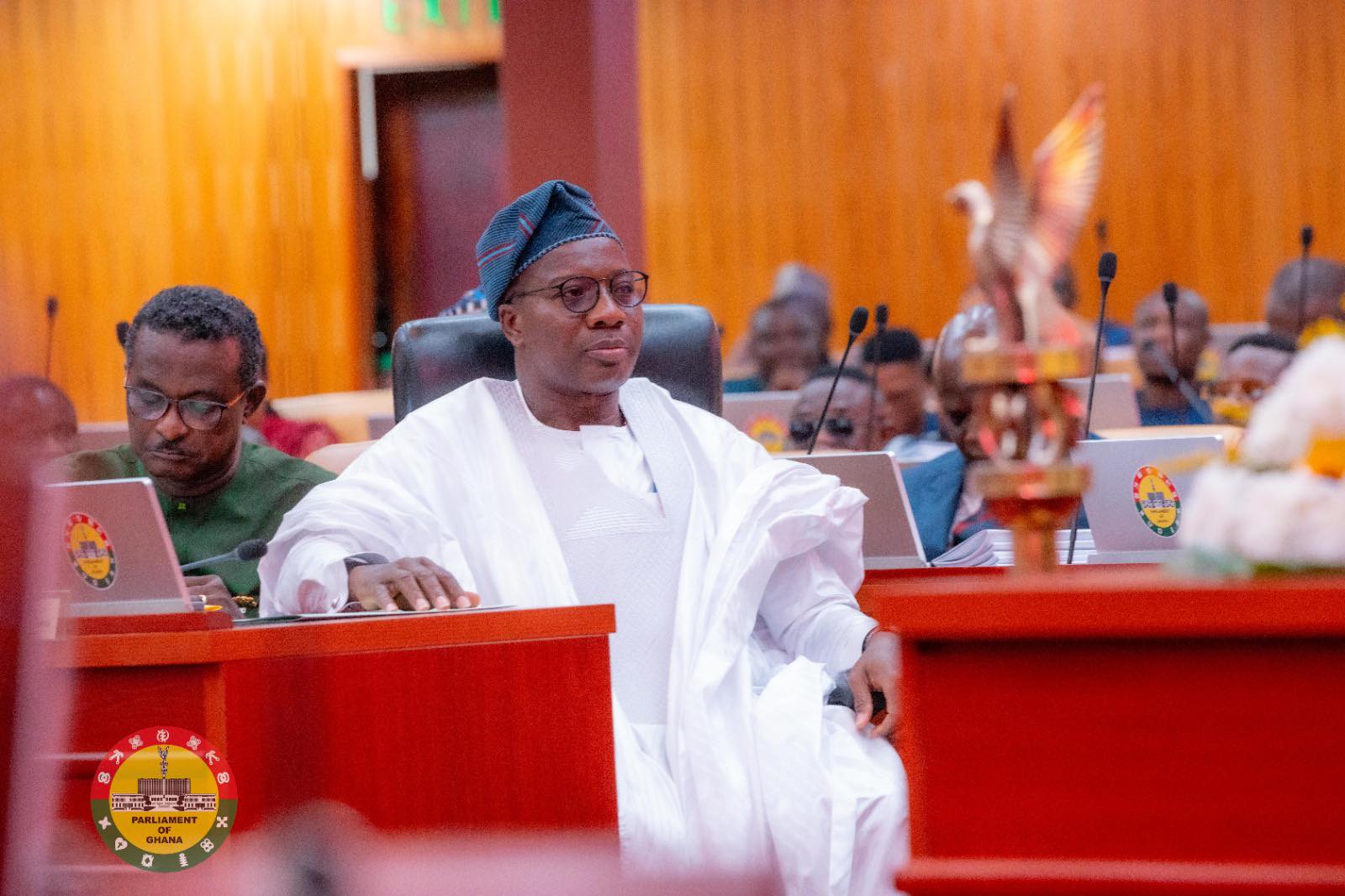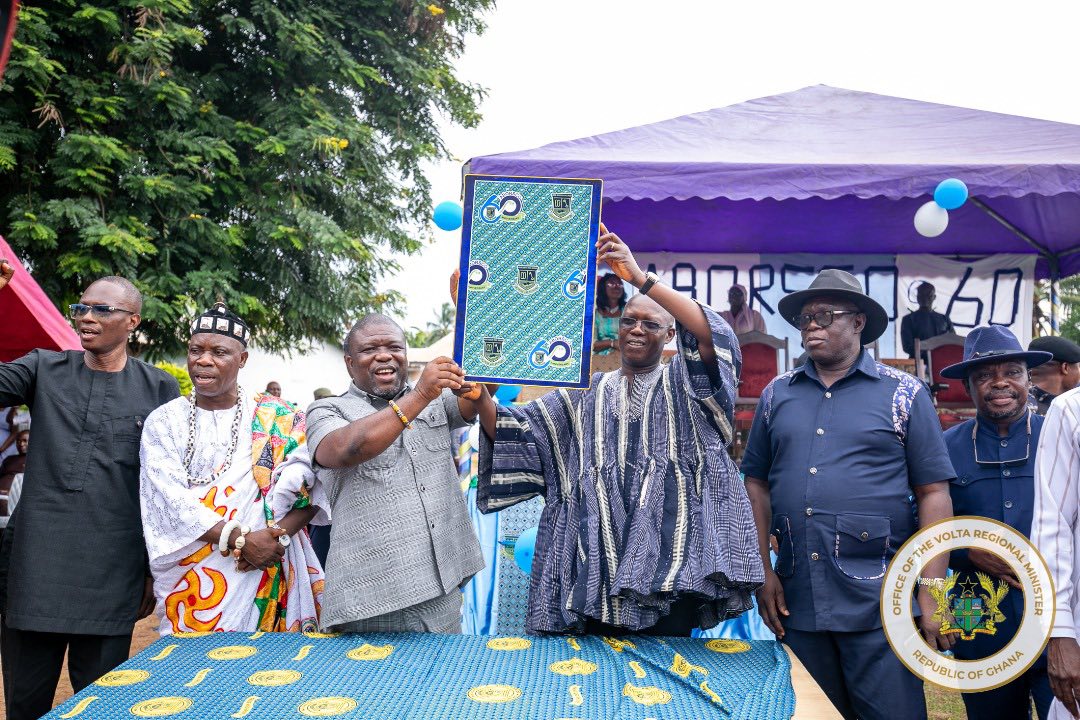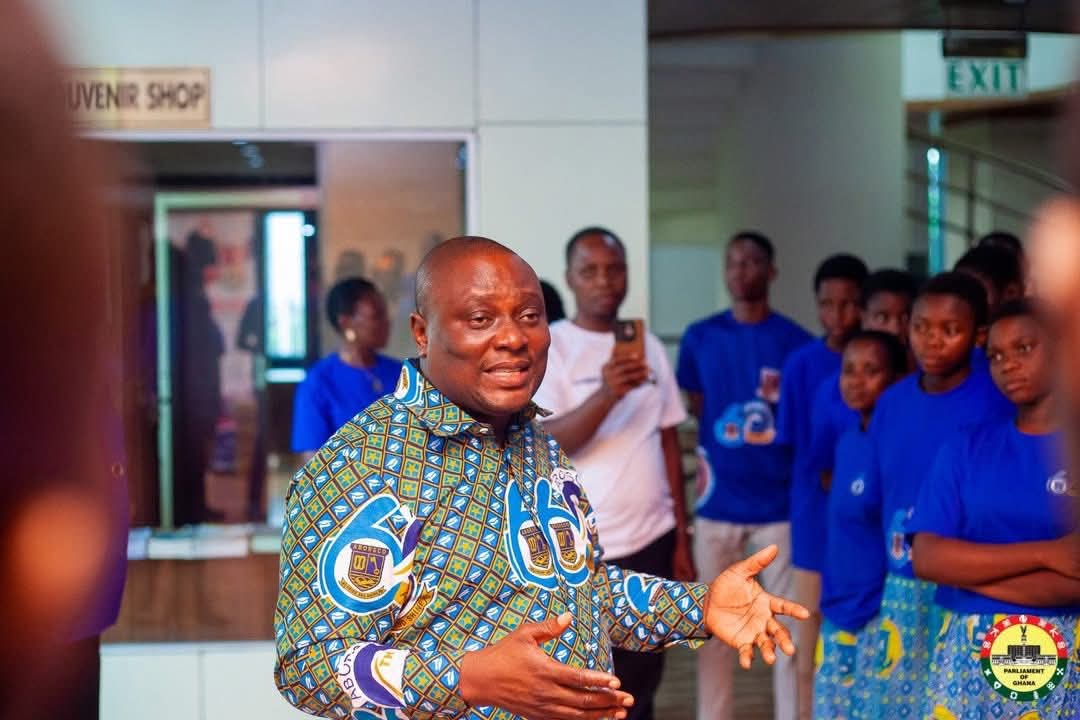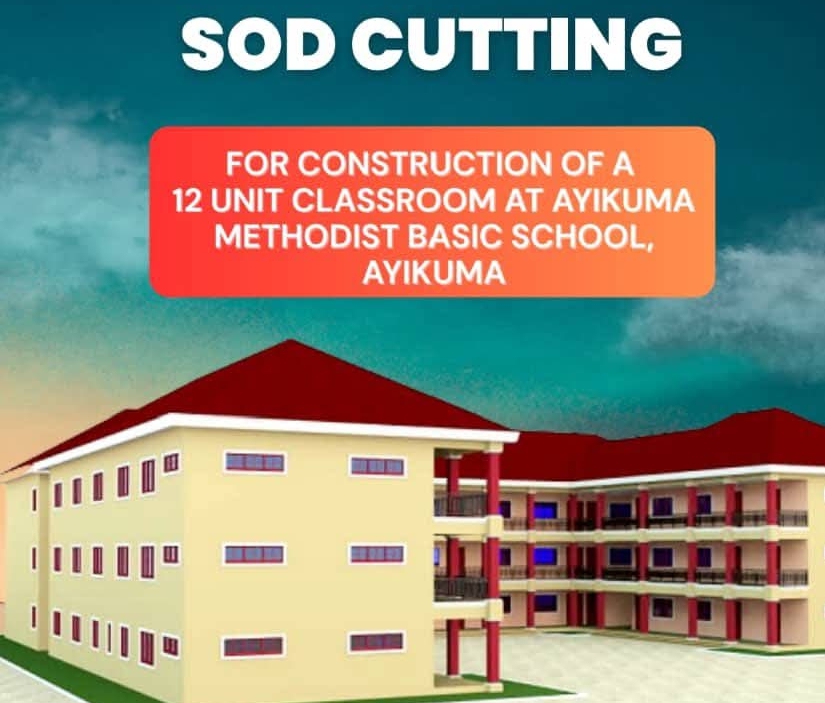In a moment that captured both symbolism and strategic foresight, His Excellency John Dramani Mahama, President of the Republic of Ghana, embarked on a state visit in March 2025 to the three Sahelian countries of Mali, Burkina Faso, and Niger. These nations, once members of the Economic Community of West African States (ECOWAS), are now part of the newly formed Alliance of Sahel States (AES), following their exit from the regional bloc.
President Mahama’s diplomatic engagement with leaders of these countries was not only about restoring regional dialogue. It was about reinforcing Ghana’s longstanding commitment to stability, cooperation, and development in West Africa, particularly at a time when regional fragility is deepening. But more importantly, his visit echoes with deep relevance back home, as Ghana continues to implement one of its most important peacebuilding interventions: The Gulf of Guinea Northern Regions Social Cohesion Project (SOCO).
The SOCO Mandate: Resilience at Ghana’s Northern Frontier
Implemented by the Ministry of Local Government, Chieftaincy and Religious Affairs with credit facility from the World Bank, the SOCO Project is a strategic initiative that spans 48 districts across six northern regions; Northern, North East, Savannah, Upper East, Upper West, and Oti. Its objective is clear: to build inclusive, peaceful, and resilient communities that can withstand shocks, particularly those emanating from the Sahelian crisis zones just beyond Ghana’s northern borders.
The project invests in basic infrastructure, livelihood support, community empowerment, and capacity building all guided by the goal of preventing conflict, addressing local grievances, and enhancing social cohesion in at-risk areas. In effect, SOCO is Ghana’s soft-power response to the threat of violent extremism, disaffection, and displacement. It is development with peace as the anchor.
A Visit with Regional Implications
President Mahama’s journey to Ouagadougou, Niamey, and Bamako was neither ceremonial nor casual. At a time when global attention often overlooks the complex fragility in the Sahel, Ghana’s President chose to walk directly into its epicenter, not with arms, but with diplomacy.
“President John Mahama has pledged to cooperate with the Alliance of Sahel States in the fight against terrorism” a statement made during his Sahel visit, in March 2025. This act is significant for several reasons.
First, it affirms Ghana’s role as a stabilizing force in the region, a country whose leadership understands that peace cannot be compartmentalized. A fragile neighbor is a potential threat to national peace. By opening lines of communication with Mali’s Assimi Goïta, Burkina Faso’s Ibrahim Traoré, and Niger’s Abdourahamane Tchiani, Ghana has chosen dialogue over isolation, and engagement over indifference.
Second, the visit complements SOCO’s objectives. While the project focuses on local-level resilience and citizen well-being, the President’s diplomatic action operates at the structural level, aiming to reduce cross-border instability. Both strategies are part of the same goal: shielding Ghana’s northern districts from the turbulence of the Sahel.
Social Cohesion Is Not Built in Isolation
The threat of violent extremism is no longer distant. Communities in northern Ghana are already experiencing the effects of displacement from across the border, the spread of radical ideologies, and the erosion of traditional authority structures. This is where the role of chieftaincy and religious leadership which is also central to the SOCO Project becomes crucial.
The Project’s design recognizes the importance of indigenous governance systems, local conflict resolution mechanisms, and the role of traditional leaders particularly Queenmothers and Chiefs in maintaining social stability.
Building peace, SOCO argues, must begin with trusted local institutions. President Mahama’s regional outreach reinforces this philosophy: peacebuilding must be both top-down and bottom-up.
Ghana’s Position: Quiet Strength in a Turbulent Region
Ghana’s approach to fragility, quiet, grounded, and forward-looking offers a blueprint for resilience in West Africa. The SOCO Project addresses the roots of conflict: exclusion, poverty, weak infrastructure, and lack of voice. President Mahama’s diplomacy addresses the environment of conflict: geopolitics, mistrust, and disengagement.
Together, they reflect a governance strategy that is integrated, smart, and firmly rooted in Ghana’s constitutional and developmental ideals. Ghana is not waiting for crisis to come before responding. It is acting now with diplomacy, development, and a grounded commitment to peace which the President has shown strong leadership.
Walking for Peace, Planning for Resilience
President Mahama’s visit to the Sahel is more than a foreign policy headline. It is a strategic act, deeply connected to the work being done in Ghana’s north through the SOCO Project. It tells a story of a government that sees beyond its borders, that understands that to safeguard its citizens, it must engage its neighbors.
At a time when the region faces volatility, Ghana is showing what responsible leadership looks like on the ground and across borders.
And perhaps, the quiet power of this leadership lies not only in what is said at presidential meetings, but in the continued work of building boreholes, restoring schools, and empowering communities in Yendi, Bawku, Saboba, and beyond.
In the long run, it is these acts; both humble and high-level, that will build the kind of cohesion the region so desperately needs.
Written by Darling Maame Efua Cann)
(The writer is a Public Relations Officer with the Ministry of Local Government. Chieftaincy and Religious Affairs (MLGCRA) and a Staff of the Information Services Department (ISD)
+233 (0)552898114
+233 (0)277785044

























